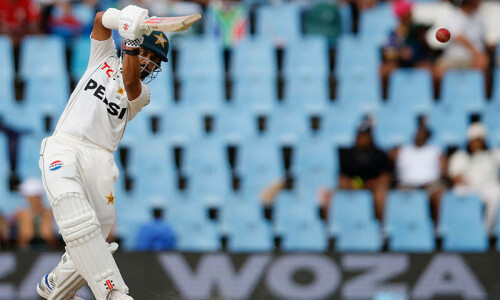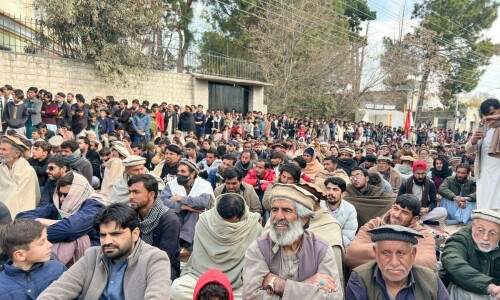THE recent ‘economic turnaround’ has taken many by surprise and spawned optimism about a quicker-than-expected recovery from coronavirus-inflicted losses from the last quarter of the previous fiscal year.
Prompted by early signs, Prime Minister Imran Khan tweeted that “the economy is on the right track” as the current account balance swung into a surplus of $424m in July — the fourth monthly surplus since October — from a deficit of $100m in June and $613m a year ago.
It is true that short-term trends indicate that the economy is returning on the path of growth. The trade balance is narrowing on surging exports. Workers’ remittances are increasing. Industry is picking up. The FBR has collected 23pc more taxes in the first month of this fiscal against a target of Rs243bn. Domestic demand for products such as cement, motorcycles, cars, tractors, etc is witnessing a spike as the economy opens up amid a miraculous but perplexing decline in infections. The stock market has bounced back on expectations of better future corporate profitability. Real estate prices are rising on the back of concessions announced for construction and housing.
The forecasts of a slow journey towards recovery seem to be a thing of the past. However, it is also time to pause for a moment and ask if the current upturn is sustainable? Are we really back on the right track?
Some economic improvements appear as a one-off, at least for now. For example, export recovery owes itself to the pent-up demand unleashed by relaxation in Covid-19 restrictions around the globe as buyers rebuild their depleted inventories and release stuck-up payments for pre-pandemic shipments. Similarly, we don’t yet know for certain the factors responsible for the surge in remittances at a time when the global economy is in disarray and thousands of Pakistanis have lost jobs in the Gulf countries.
Whether or not exports and remittances can maintain the present momentum will become clear only in the second quarter of the ongoing fiscal year. On top of that, much of the ongoing activity is on account of the temporary relief granted by the IMF through the suspension of its harsh economic stabilisation policies, which had engendered one of the deepest economic slumps even before the arrival of the virus. What happens when the IMF programme is revived is anyone’s guess. Most likely, the current recovery will hit the brakes once again. Nor are we sure as to how the virus will behave over the next several months at home and abroad.
Last but not least, some of the potential adverse effects of the pandemic on businesses and banks put on a hold by State Bank measures to counter the impact of the health crisis could well be felt by the end of the March. While optimism is in order, we should perceive early wins with caution.
Published in Dawn, August 26th, 2020














































